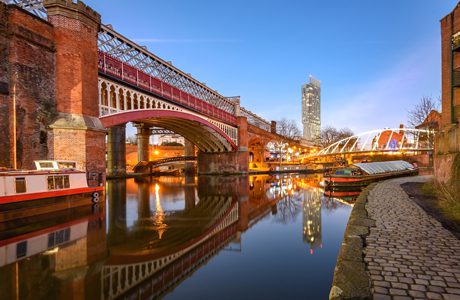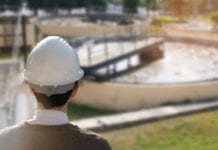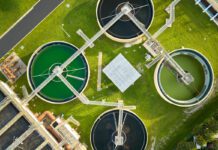
A two-day meeting of water management experts and policy-makers has concluded at the Museum of Science and Industry in Manchester. The event, ‘WATER WORKS – overcoming challenges to achieving good water status in urban areas’, was hosted by the Environment Agency on behalf of the LIFE programme, the EU’s fund for environment, nature conservation and climate action projects.
Manchester was chosen to host the meeting because the Environment Agency has recently embarked on a major project to improve the status of water bodies in north-west England. The UK’s first Integrated Project co-financed by the LIFE programme will directly invest over 20 million euros to enable an integrated water management approach to delivery of the North-West England River Basin management plan. The five-year project will also facilitate the coordinated use of a further 229 million euros in European, UK and private sector funds.
Karmenu Vella, EU Commissioner for the Environment, Maritime Affairs and Fisheries, said: “This remarkable UK project is an excellent example of Europe directly investing in citizens’ quality of life. To best tackle major environmental and health challenges such as air and water pollution or biodiversity loss, existing policies must be made to work towards the same goals. Integrated Projects deliver precisely that.”
UK Environment Minister Rory Stewart said: “From rural rivers to city canals, our waterways are vital and Salford Quays is an innovative project where partnership working has led to an improvement in water quality for the region.
“Thanks to 20 million euros of EU LIFE funding even more miles of waterways in the North-West will become the cleanest yet.
“Through the EU we have improved more than 9,000 miles of rivers since 2010 and our water environment is in the healthiest state for 25 years. We are able to protect and enhance the environment far more effectively if EU countries continue to work together.”
The meeting on May 24/25 showcased innovations in technology, new management initiatives and governance challenges which need to be met to overcome barriers to achieving and maintaining ‘good water status’ in watercourses throughout Europe. Key themes for discussion included hydromorphological pressures and physical barriers (e.g. hydropower, flood defences) that make it difficult to reconnect rivers to floodplains; chemical status and pollution of water bodies; and sustainable use of Europe’s waters.
Participating experts from across Europe also visited locations in Manchester and north-west England to see examples of all three issues and some practical solutions. Sites visited include regeneration areas in Salford Quays and Rochdale town centre, a United Utilities water treatment works, a ‘water neutral’ building at Manchester Metropolitan University and rural areas of the Ribble Valley.







